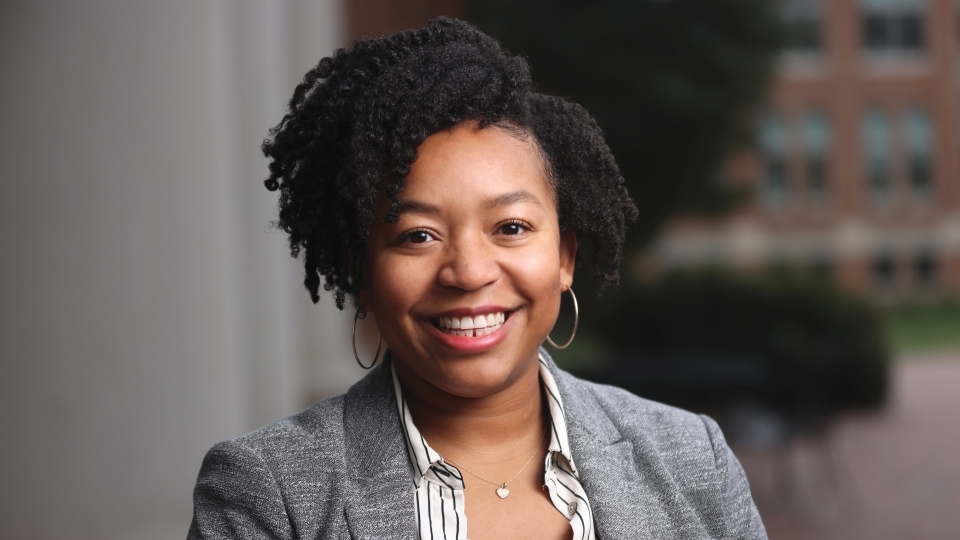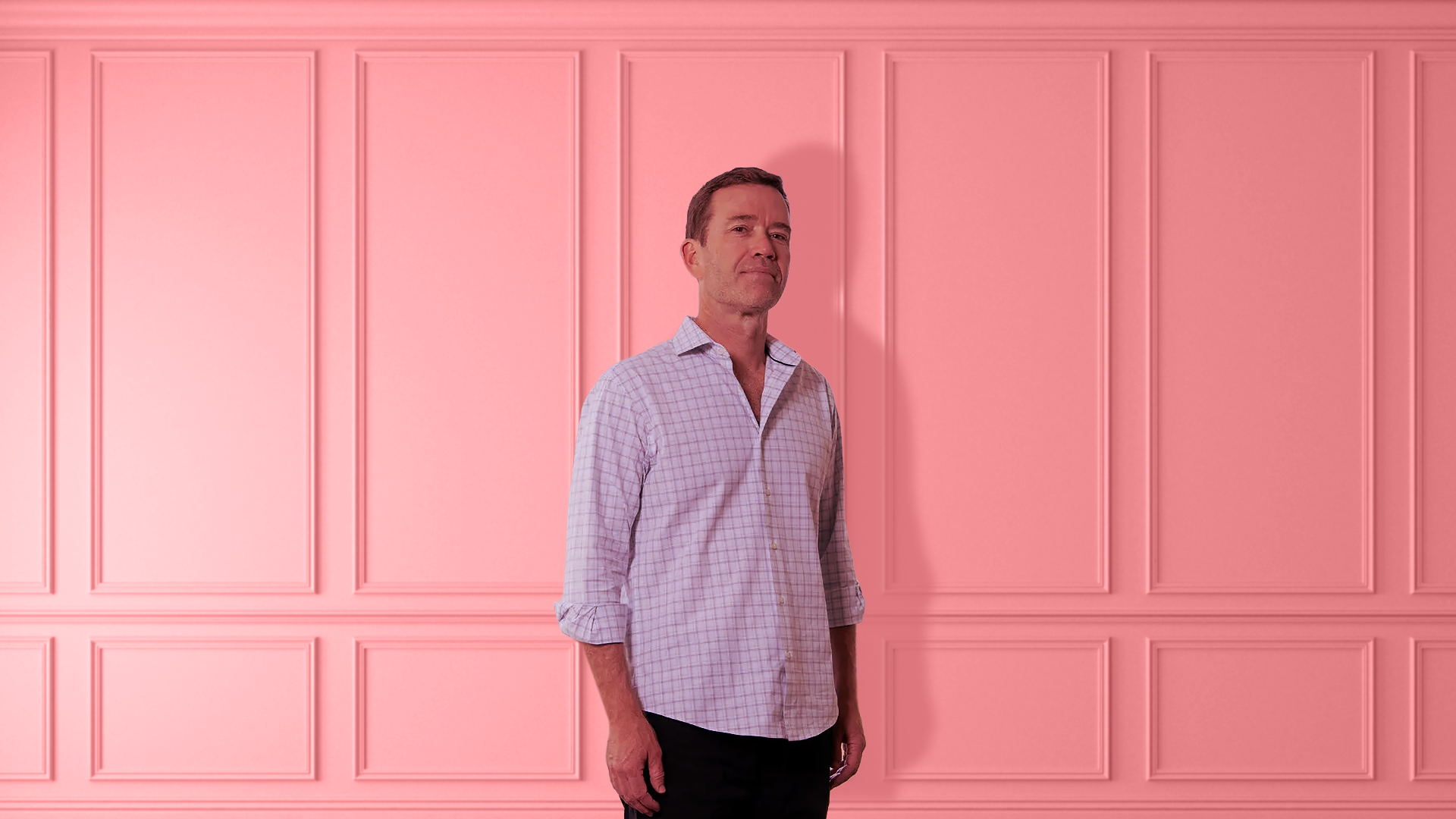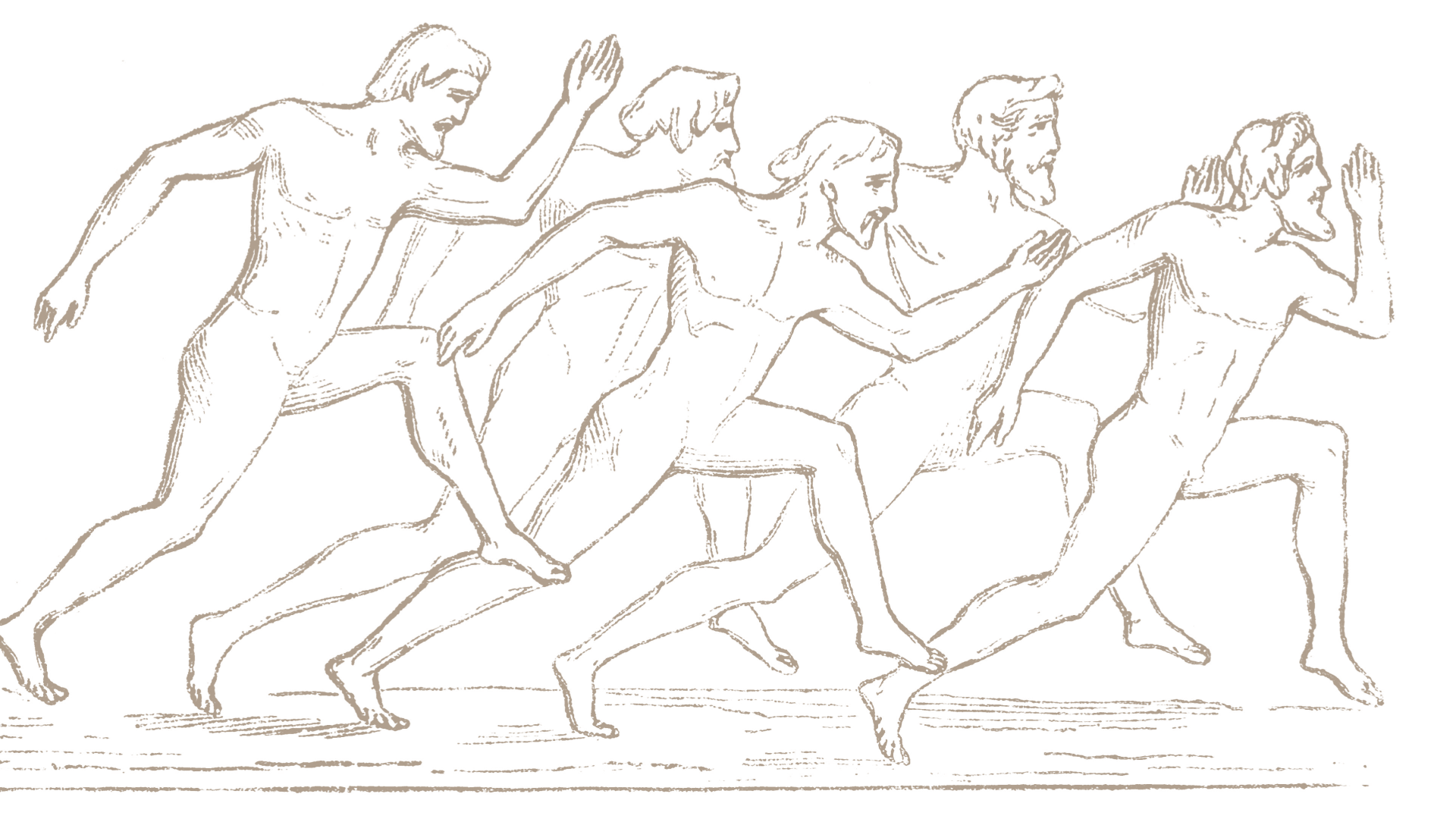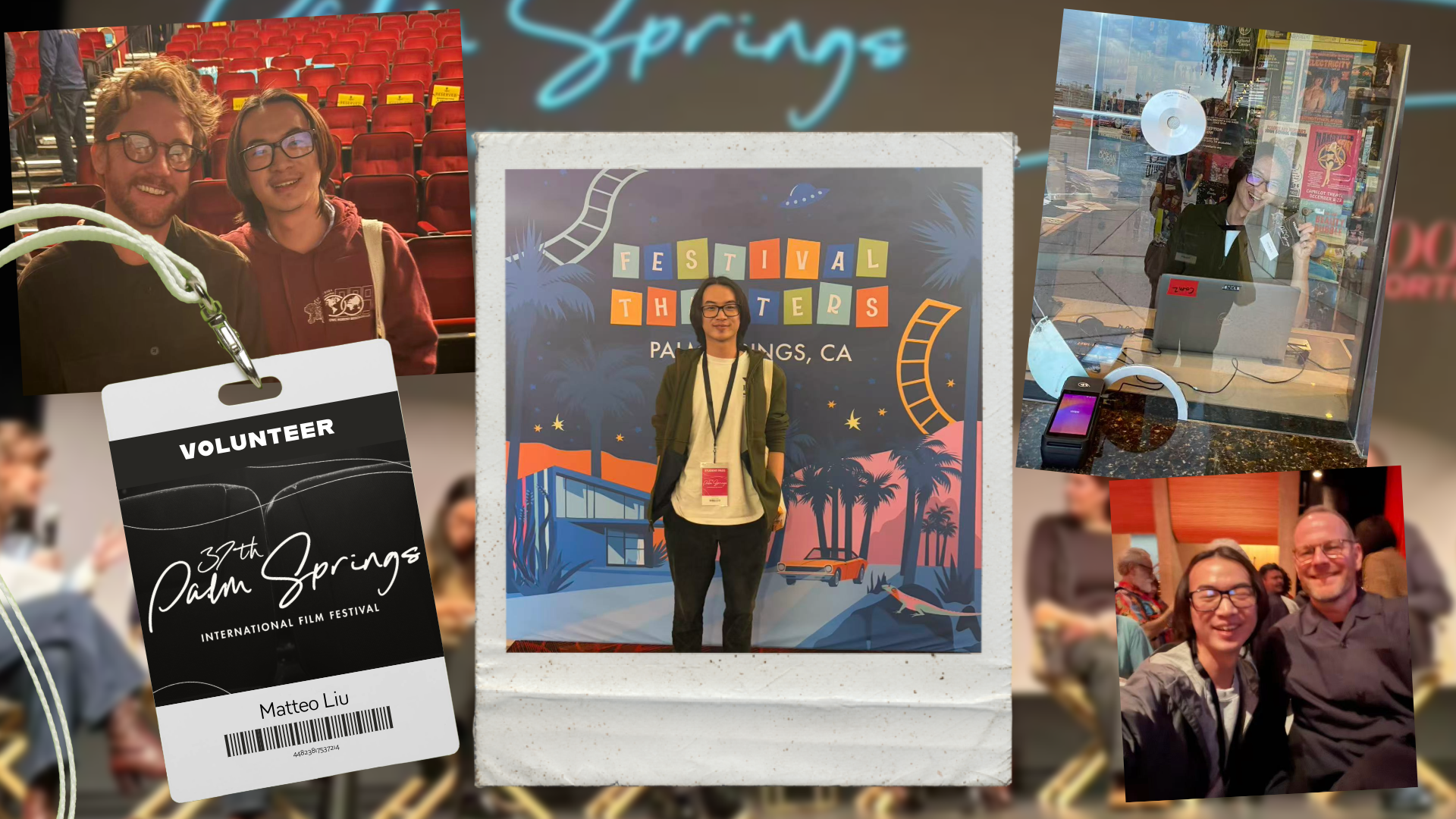Public School Student, Policy Expert, Parent
January 16, 2024
- Author
- Mary Elizabeth DeAngelis

Brittany Murray’s life has been rooted in public education.
She grew up in a working-class Black neighborhood in Pinehurst, a small North Carolina golf resort town segregated by race and income. She attended desirable public schools but saw disparities early on. Despite her top grades, her mother had to fiercely advocate to get her into advanced classes dominated by wealthier white students.
Murray attended the University of North Carolina at Chapel Hill, spent two years as a Teach for America teacher, conducted policy research with the Urban Institute, and returned to UNC Chapel Hill to obtain her doctoral degree in public education policy.
She’s the Malcolm O. Partin Assistant Professor of Educational Studies and Political Science at Davidson College and specializes in K–12 public education policy. And she’s the mother of four children attending public school.
Her students are learning about America’s history of segregation, desegregation and the re-segregation that’s taken place since federal courts deemed that race can’t be considered in student assignment plans. Charlotte-Mecklenburg Schools, which have transitioned through those cycles, offer a prime local case study.
While desegregation offered opportunities for more racially and economically balanced schools, disparities still existed, and continue today as the return to neighborhood schools magnified huge gaps in resources—and achievement levels—between the poorest and most affluent.
Students analyze data, court cases, media and historical records. They explore topics such as how race can affect acceptance to higher level courses, and its role in how students are disciplined.
Their research extends to organizations such as Parent Teacher Associations (PTA) and how Black, brown, and lower income parents in predominantly white schools were historically—and in some cases still—excluded.
“Schools are the first place where you learn to be part of a community. What are the forces limiting our schools?” she asks. “How do you make sure they’re places that reflect the needs of a diversifying society?”
Schools are the first place where you learn to be part of a community. What are the forces limiting our schools? How do you make sure they’re places that reflect the needs of a diversifying society?
A Parent’s Perspective
Her own children attended a predominantly white public elementary school she thought wasn’t diverse enough. They now go to Charlotte Lab School, a public charter near Charlotte’s downtown.
“As a parent of three Black boys and a Black girl, I’m worried about my own kids and for every kid,” Murray says. “What are they learning to think about themselves? Whose history is important?”
Some of her students will become teachers, school board members and policy makers.
“They’ll also become doctors, lawyers and bankers,” Murray says. “I want them to go to their careers with an added awareness of the inequalities and the larger social and political forces at work that keep the values, needs, traditions, experiences and voices of non-white people out of the mainstream.”
Return to And Education for All: These public-school educators teach, lead, counsel, nurture, care.
Brittany Murray currently serves in the Center for Civic Engagement’s Community Engaged Faculty Fellows program. The program helps faculty members as they deepen community-based scholarship and support communities in the Charlotte region.
Explore Community Based Research for more information.
This article was originally published in the Fall/Winter 2023 print issue of the Davidson Journal Magazine; for more, please see the Davidson Journal section of our website.



